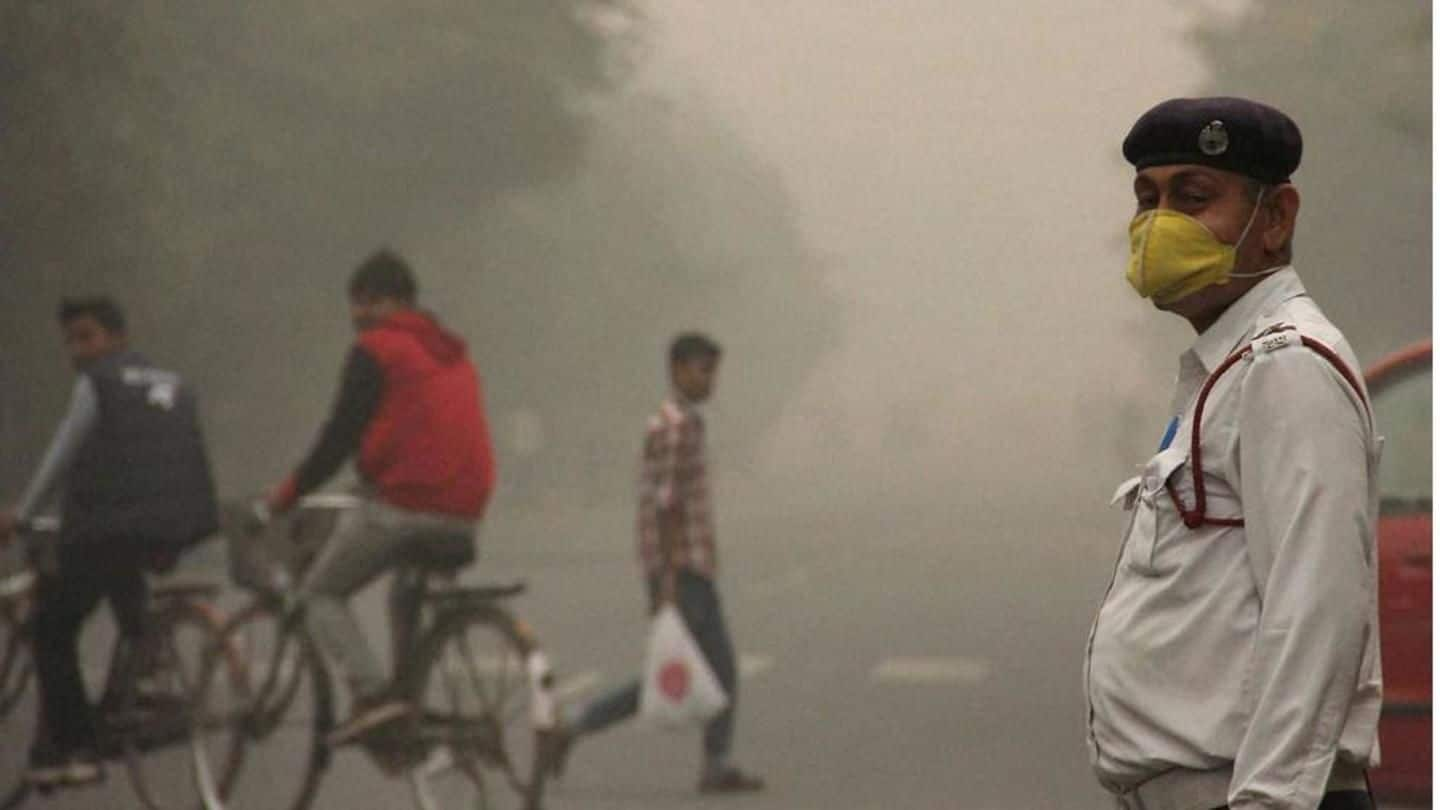
Delhi: Emergency action plan rolled out to combat 'worsening' air-pollution
What's the story
As the air quality in Delhi remains "poor", an emergency action plan has been rolled out which includes steps like banning diesel power generator sets and construction activities.
Banning polluting vehicles, hiking parking charges, and even implementing the odd-even scheme, is on the cards if the situation doesn't improve.
The ban on certain activities were being rolled out from yesterday itself.
Here's more.
Do you know?
Delhi will follow GRAP adopted last year
Delhi adopted an emergency plan called Graded Response Action Plan (GRAP) last year to combat air pollution. Under GRAP, stringent actions are implemented based on the air quality of the city. They can range from banning construction works to sprinkling of water on roads.
The measures
Here's all that was banned starting yesterday
Measures implemented to improve air quality in Delhi from yesterday include a ban on garbage burning, mechanized sweeping of roads, impounding of polluting vehicle, and deploying traffic police for smooth flow of traffic at vulnerable points.
Currently, Delhi's air quality is 'poor' and only moderate measures are put in place, but it's predicted that it will be 'very poor' in the next few days.
What then?
What if the air quality falls from poor to severe?
Under GRAP, if the air quality worsens from 'poor' to 'very poor' and 'severe', other stringent measures like banning the construction activities, hiking parking fees, and launching odd-even vehicle scheme will be implemented.
Once the air quality falls to 'severe', steps like cleaning of roads, sprinkling of water on roads, and identifying road stretches with high dust generation will be taken.
Details
41 teams deployed across Delhi to monitor implementation of steps
Along with GRAP, the Central Pollution Control Board (CPCB) has also deployed 41 teams across the Delhi NCR region to monitor proper implementation of steps taken to prevent pollution.
The teams conducted 96 inspections till October 11 across Delhi NCR and the number of inspections will increase in the coming days, a senior CPCB official said, adding that the inspections started on September 15.
Major concern
Rampant stubble burning activity in Punjab and Haryana
Meanwhile, the NASA, on its official website, stated that burning of crop residue in Punjab and Haryana has increased over the past 10 days in and around Amritsar, Ambala, Karnal, Sirsa, and Hisar.
Burning of paddy straw every year during October and November contributes mainly to the air pollution in Delhi-NCR, as the smoke travels and mixes with the fog, creating toxic winter smog.